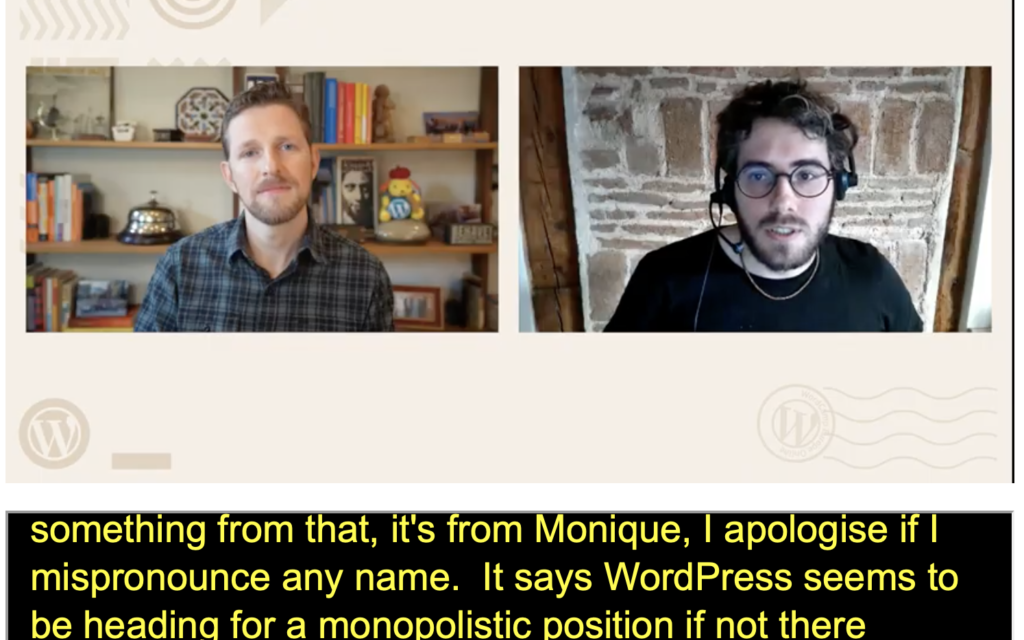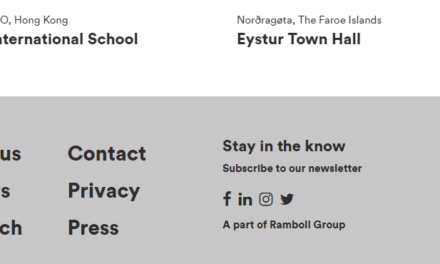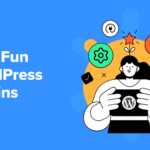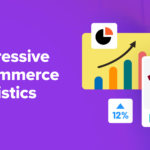WordCamp Europe 2020 Online brought in 8,756 attendees, making it the biggest WordCamp to date. The conference consisted of two full days of live-streamed talks as well as a Contributor day.
The team decided to move the entire conference online in order to keep community members and organizers safe in the wake of the pandemic. Though it was an incredibly tough decision, and a lot of hard work, the conference was a huge success bringing in almost triple the attendees from last year.
Online is Amazing
Day one ended with a conversation between WordPress Co-Founder Matt Mullenweg and Lead Architect of the Gutenberg Project in WordPress, Matías Ventura.

The talk began with a look at what’s going on in the world with relation to the widespread Black Lives Matter protests.
Mullenweg began saying, “In this difficult time when there’s a lot of folks trying to separate us and divide us that radical generosity of paying it forward and empathy is a solution to facing problems on the web and maybe will provide a template for how we can deal with other things as well.”
Then, referring to the amount of people in attendance of WCEU he said, “This is an example of how technology can bring us together. That speaks to something we’ve known forever– online is amazing.”
Mullenweg also noted that the ACLU, NAACP, and Black Lives Matters websites are all powered by WordPress.
“Progress doesn’t go in a straight line, sometimes there some reversion and we really need to fight to get it back,” he said.
WordPress 5.5
Ventura then shared a video highlighting some of the exciting features coming with WordPress 5.5.
First off, one of the biggest changes is a redesign to the editor that offers better readability. Ventura demonstrated the updates to the drag interaction. It will now be much easier to drag blocks around the page. Though you can do that now, it isn’t as efficient as it could be.
“We are looking at the ability to copy and paste blocks. You were able to copy and paste content but now you can move the entire block,” Ventura said.
The next new feature is block patterns. These patterns give you a leg up when creating a new block. You no longer have to start completely from scratch but can choose a pattern from the start.
One of the most exciting updates is the ability to edit images directly in the post. You can resize, crop, add text, and more all in one place. The edits are actually made to the source image so it will look exactly the same on every platform.
Ventura mentioned one of the most used blocks is the spacer blocks pointing to the work that needs to be done on layout and design, but progress is being made.
At the relief of many on-the-go developers, Gutenberg can now be edited on iOS and Android.
Competition
After the product demo, Ventura opened up the chat to questions from the audience. The first one centered on the idea of whether or not WordPress faces competition. Mullenweg pointed to other CMSs that are often compared to WordPress, Squarespace, Magento, Wix, Adobe and other.
But the thing that will always set WordPress apart is the licensing. “The GPL license is a bill of rights for every single user that no one can ever take away. That’s why WordPress is more likened to a country than a software something anyone owns,” Mullenweg said. “There are thousands of open source CMSs out there that aren’t growing as fast as WordPress is.”
Full Site Editing
Unsurprisingly, full site editing was brought up. Especially in the context of theme developers.

“Old themes aren’t going anywhere. There’s a lot of projects this year to start incorporating blocks into themes,” Ventura said. “I think it’s been super useful to see the theme community start building with these new building blocks.”
This led to someone asking if we make WordPress easier to use, will there still be a need for freelancers and web developers.
Mullenweg said this has never been a problem. Every time more users come into WordPress, there is more and more need for developers. If clients can edit something minor on their site, freelancers are open to think of more creative ways to alter the site.
“Think about where the value is going to be in the future. If anyone can click a button and create a website, think about what people will need help with then. Learn diverse skills,” he said.
Ventura echoed this idea saying, “It’s very clear there’s still a demand for people that know how to structure a site to create these things. I don’t think making things easier to be customized has removed this need. If anything it amplifies it.”
Learn JavaScript Deeply
In 2015, Mullenweg implored the community to “Learn JavaScript Deeply. This thought is just as relevant as ever. Especially as more people are moving online due to the pandemic.
The next question had to do with Shopify. With businesses creating websites, it has passed Drupal and Joomla for the most sites on the web.
“For a long time the top three CMSs in the world were open source,” Mullenweg said. “Now Shopify has moved up there. It means it passed up our two open source cousins Drupal and Joomla.”
The thing that separates WordPress from Shopify is the fact that thousands of community members are working around the clock to make sure the platform is safe and as good as it can be.
That said, contributions to Core have been down this year. That’s why “Five for the Future” is so important to the future of WordPress.
“If we really do 5 for the future I think there’s no risk,” Mullenweg said. “It can be completely open and provide freedom.”
Another way keep WordPress growing is to mentor the next generation of developers.
“WordPress works because we all work on it, so think about what is a way that you can learn or give back and help people out,” Mullenweg said. “How do we bring the next generation of WP? mentor them, teach them. Show them something that will give them superpowers on the web.”
WordCamp Europe 2020
After another full day of talks, the WCEU organizers came together to share their closing remarks. Here they shared the incredible numbers and let each team get a chance to come on screen and say thanks.
They also announced the “family photo,” a look at some of the people who were able to make it.

Next year’s WCEU will take place in Porto, Portugal where this one was planned to be. Tickets are already avaiable and they are looking for organizers and volunteers.
In a time when we feel more separated than ever, it felt good to be back together for just a weekend and remember what it is that makes WordPress so great, the people.











